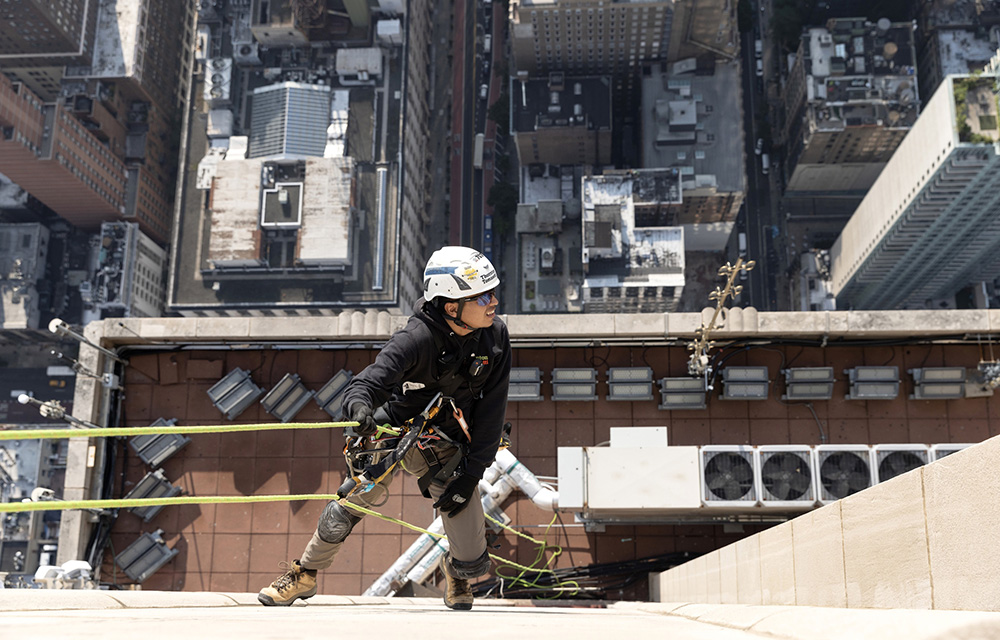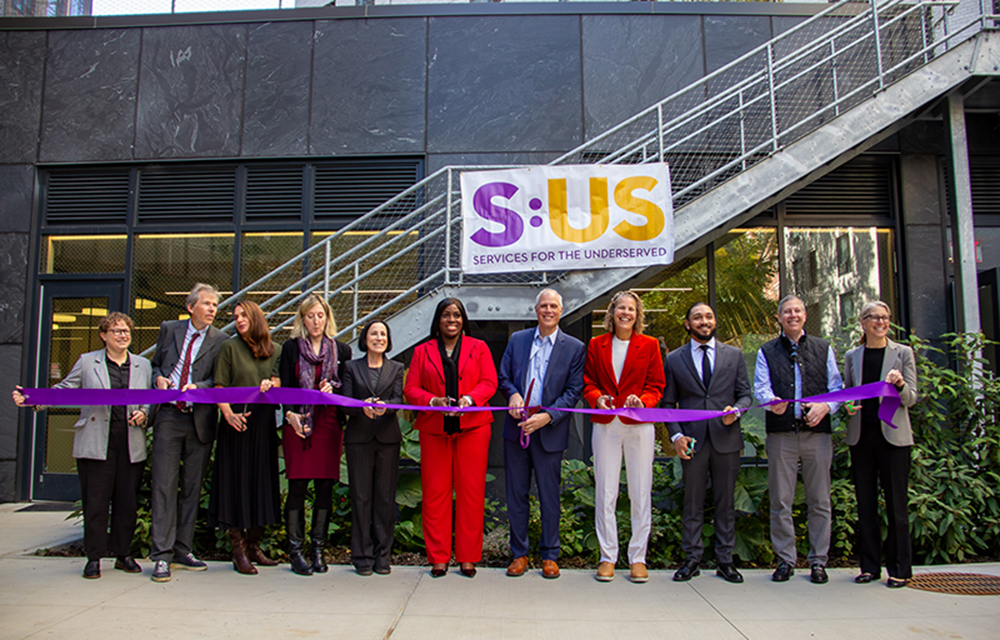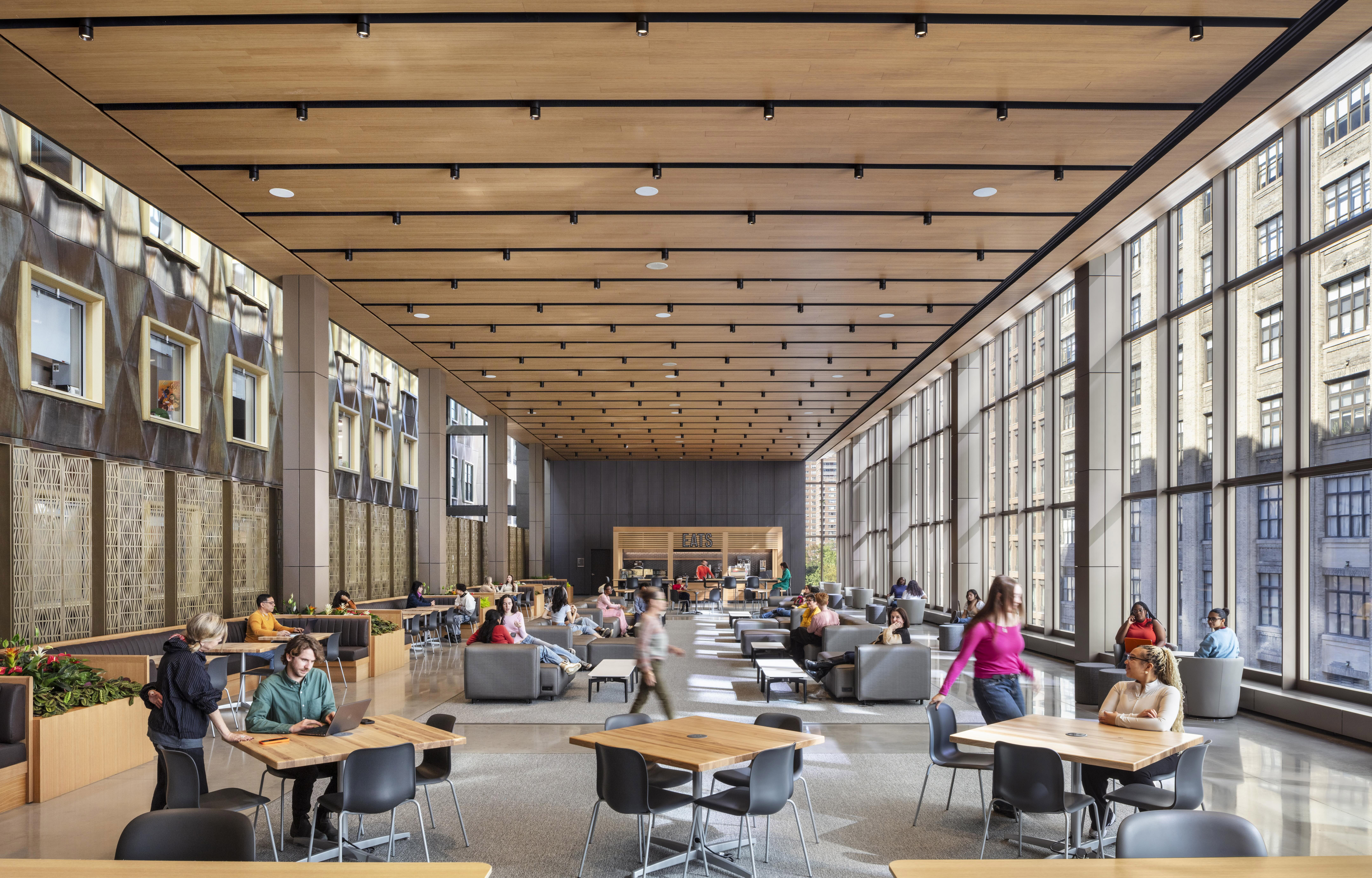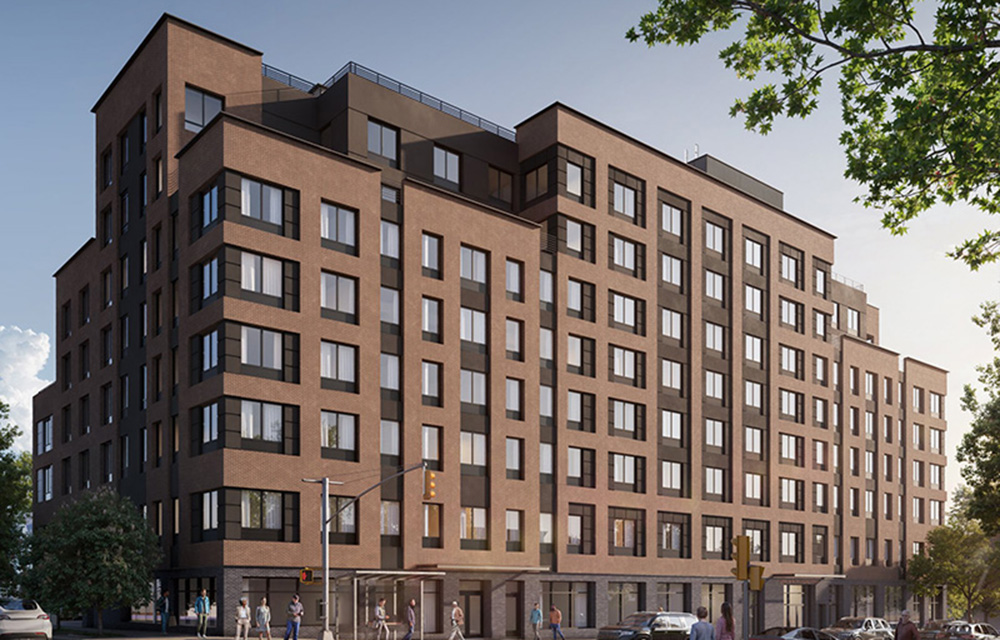News:
Construction Design & Engineering
Posted: November 11, 2014
Strengthening resiliency: Increased support for emergency responder leg.
The American Council of Engineering Companies of New York (ACEC NY) is working with coalition partners AIANY chapter, AIANYS and The New York Building Congress to pass a comprehensive emergency responder bill that would protect design firms and contractors who respond to natural or man-made disasters. This legislation would prevent future misguided lawsuits against engineering and construction firms for on-site conditions that are entirely outside their assigned responsibility. While Good Samaritan Laws protect unpaid volunteers from liability for work performed during state or national disasters, the intent behind emergency responder legislation is to provide similar protection for those engineering and contracting businesses who are essential to the process of emergency response and reconstruction following a disaster.
Changing weather patterns and stronger storms makes this legislation a top priority. Following Hurricane Sandy, initiatives throughout New York City have been launched in order to prevent the level of devastation left in the wake of the storm. "Resiliency" has been the watchword of the past few years in any discussion regarding New York infrastructure. Private design and construction firms are a key part of any resiliency plan. Reconstruction is impossible without the expertise needed to rebuild efficient and disaster-resistant structures. The purpose of this legislation is to allow these firms to respond to disasters, when they wouldn't otherwise be able to do so without proper protection from frivolous lawsuits.
Emergency responder legislation will create stability and ensure firms are not sued for problems arising outside their scope of practice. Following the terrible tragedy of 9/11, numerous lawsuits were filed against firms responding at Ground Zero to assess the structural stability of the surrounding buildings. These lawsuits dealt with circumstances not pertaining to the work of these firms as professional engineers but rather to claims by over 10,000 plaintiffs who alleged illness due to toxic exposures. As we have seen, this had a devastating effect on the response of New York firms following Hurricane Katrina; many of which were unable to respond due to anticipated, misplaced litigation. If fear of this litigation is removed due to the protection granted by this legislation, response during and following future disasters, both within New York and nationwide, will be easier, faster and less costly to all.
The emergency responder legislation (A.7715/S.5672) will be re-introduced in the upcoming legislative session. After extensive discussions and collaboration, ACEC NY, the AIANY chapter, AIANYS and the New York Building Congress have come to the consensus that moving forward with this bill will improve disaster recovery for all sectors of A/E/C. No professional should be held legally liable for circumstances outside of their expertise and control, and disaster recovery should not be hampered due to fear of legal repercussions. The engineering profession is committed to public safety and integrity, but their responsibility to the public can only extend to the areas in which they are knowledgeable.
There is a strong public interest in protecting the lives and property of victims during and after a disaster. It is in the interest of all to encourage those with critical expertise to volunteer and provide services that will aid in recovery. ACEC NY is promoting common-sense change so that in the future, engineers will be able to step up and provide necessary expertise without putting their businesses or personal property at risk.
Jay Simson, CAE, is president of ACEC New York, Albany, N.Y.
MORE FROM Construction Design & Engineering
NYC mayor and DOB release comprehensive façade inspection and safety study conducted by Thornton Tomasetti
Manhattan, NY New York City mayor Eric Adams and New York City Department of Buildings (DOB) commissioner Jimmy Oddo released the full recommendations from a comprehensive engineering study conducted by global engineering firm Thornton Tomasetti

Quick Hits







.gif)
.jpg)

.gif)